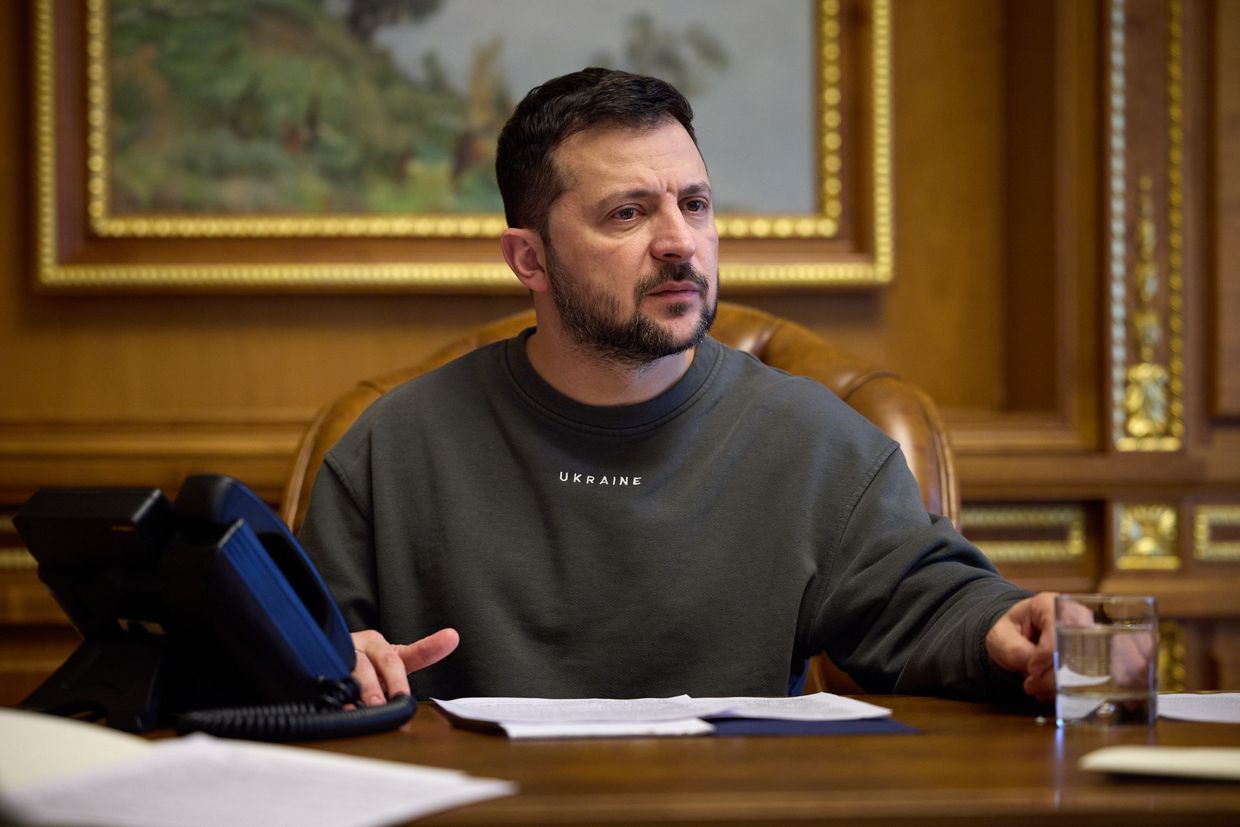SBU requested Poroshenko's travel permission be canceled over planned meeting with Orban

The Security Service of Ukraine (SBU) said on Dec. 2 that it had requested Ukraine's parliament cancel the permission of lawmaker and ex-President Petro Poroshenko to exit the country due to a planned meeting with Hungarian Prime Minister Viktor Orban.
The meeting would be used by Russian propaganda, the SBU said, making Poroshenko a "tool in the hands of the Russian special services."
Since the start of Russia's full-scale invasion of Ukraine, Hungary has repeatedly obstructed EU funds for Kyiv while opposing sanctions against Russia.
Orban, who maintains close ties with the Kremlin, has refused to provide military aid to Ukraine, and said he would not support Ukraine's accession into the EU.
Poroshenko said on Dec. 1 that border guards prevented him from leaving the country even though he had previously received an official permission.
Oleksandr Korniienko, deputy speaker of Ukraine's parliament, released a video later in the day saying that Poroshenko had a legitimate reason to be initially granted permission to leave the country but that he had received a letter marked "for official use," which caused him to retract the approval.
Korniienko said that he could not disclose what the letter said. It is unclear if the letter Korniienko referred to contained the request from the SBU.
Poroshenko claimed that the cancellation was for political reasons and hinted that the decision came from high up. "This is anti-Ukrainian sabotage," he said.
A statement on Dec. 1 from Poroshenko's political party, European Solidarity, also criticized the cancelation of his exit permission, saying that it harmed the country and "undermines internal unity."
Due to martial law, Ukrainian men aged 18-60 are forbidden from leaving the country, barring special circumstances or official permission.
Poroshenko, 58, said his reason for traveling outside Ukraine was to go to Poland and help negotiate an end to the ongoing blockade by Polish truckers and then to the U.S. to meet with House Speaker Mike Johnson.
Poroshenko, who was elected president in 2014, lost his reelection bid in 2019 to President Volodymyr Zelensky in a bitter campaign that often included personal attacks.
The rivalry between the two did not subside after the election, and Poroshenko was investigated on charges of treason for allegedly doing business in Russian-occupied Donbas.
Poroshenko claimed the investigation was politically motivated.
Poroshenko and Zelensky publicly put aside their differences after the full-scale invasion, and Poroshenko said in a May 2022 interview that he "hate(d)" the notion of attacking Zelensky during wartime.
He has since criticized Zelensky publicly.
Poroshenko was previously blocked from leaving Ukraine in May 2022 for a NATO summit but was eventually allowed to exit the country on his third try.











